Travel After A Tragedy
We thought about cancelling.
On Easter Sunday 2019, a group of religious extremists carried out a coordinated attack in the Colombo region of Sri Lanka, killing over 250 churchgoers and tourists. We watched in horror from afar. As active tourists who frequently visit places of worship, the attack was particularly unsettling.
We obsessively checked our email, wondering if our own trip to Sri Lanka, planned for just six days later, would be off.
After a few scary days of heightened security risks, and scheduled exit flights for several countries’ citizens, the Sri Lankan government claimed short-term victory, with over 100 arrests. We contacted our airline and various hotels and hosts around the country, to get their opinion of the safety risks and also to confirm they were all still in operation.
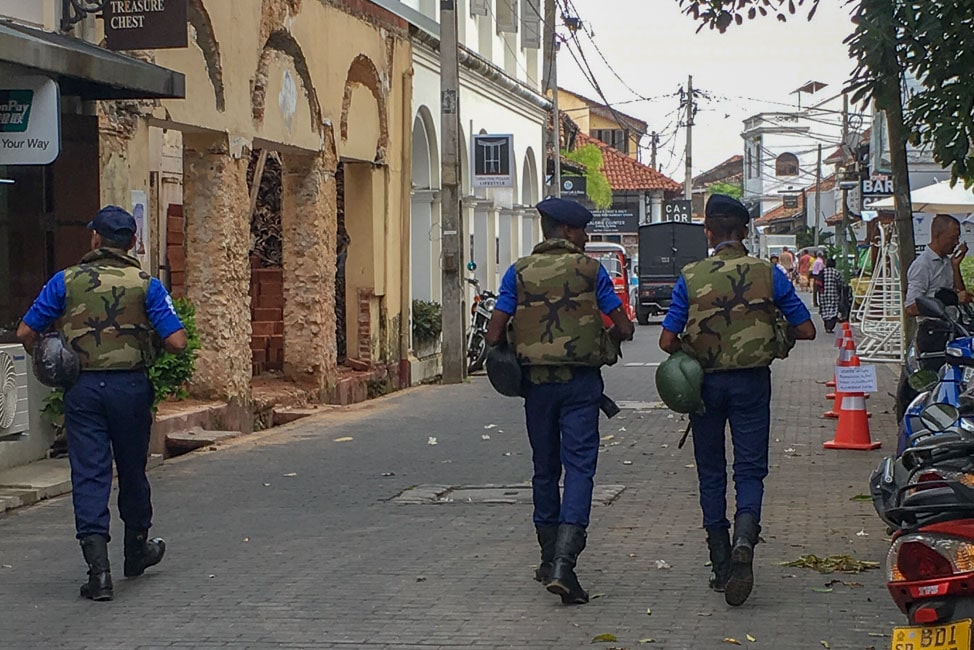
Despite the attacks at high-end hotels in the capital, most other hotels were unaffected by the tragedy, and stayed open throughout. Many softened their cancellation policies to accommodate skittish travelers. Outside Colombo, it seemed to us that the hospitality machine was still running normally. Reservations were active, policies in place. Our airline assured us that they were still running daily flights into Sri Lanka.
Basically, if we wanted to travel, we could. And so, just six days after the terrorist attacks, we were on a plane to Sri Lanka.
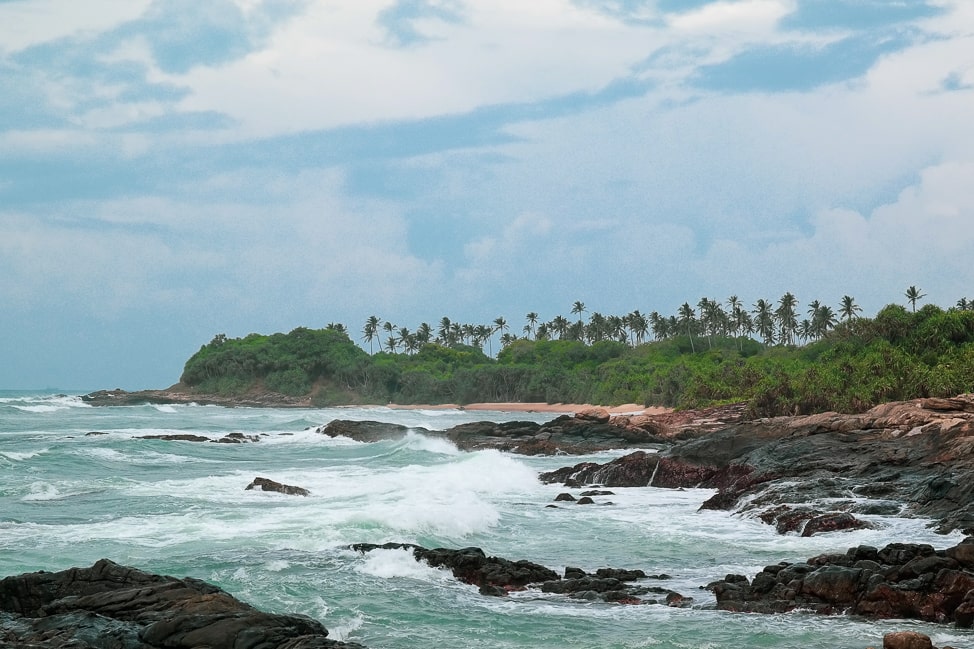
We’ve dealt with the complexities around a travel emergency once before, albeit a natural disaster. Back in 2012, we were living in New York City when we were hit by a really serious hurricane (dubbed Superstorm Sandy), the week before the city’s marathon, a major tourist event. As the storm approached, we were on flight back from vacation in Istanbul without the aid of Wifi.
After touching down at JFK, commotion on the plane spread as people saw text messages and news about the storm. The city was closing all public transit and our neighborhood in NYC was under a forced evacuation. It was chaotic to find a hotel to wait out the storm and to collect our dog Basil, all before the evacuations were in place.
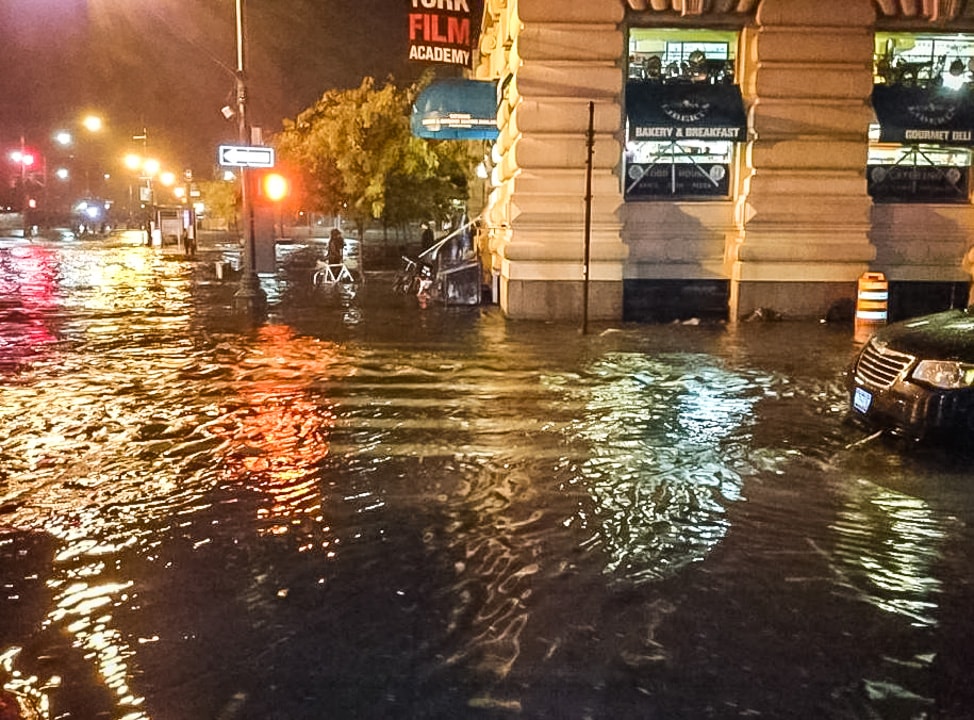
The storm wreaked havoc on the city over the next few days and the marathon was eventually cancelled, but not until thousands of tourists had arrived. The city’s infrastructure ground to a halt for most of the week, and Drew was part of the hospitality industry tasked with serving many, many people in extraordinary ways while the city struggled to return to normal operation.
With just two extraordinary experiences like this under our belt, we’ve learned a few things. Here’s what to consider before travelling to a place that has had a recent tragedy.
- Information is Power – I would never recommend showing up in a country with a recent tragedy on its hands with no prior communication to key people and companies. Even if you have read your way around the internet and feel confident that the danger has passed, there is no substitute for an actual email to an actual human confirming that the plans you’ve made will continue to be honored. Many companies will have relaxed cancellation policies, which you can take advantage of if needed. Also, you might get valuable information about the surrounding areas (How close to the area most impacted will you be? Any public services operating at diminished capacity? Any security checkpoints that require additional approvals or permitting? What about extra documentation might you need to bring with you?).
In Sri Lanka, we were specifically worried about our late night arrival at the airport, especially because we read online that there were city-wide curfews. A quick email to our hotel confirmed that they had special approval to drive customers from the airport to the hotel, but to expect security checkpoints. They did not tell us (or didn’t know!) that the arrivals area of the airport was on a security lockdown and that we needed to walk outside the airport property to meet our driver. Thus, it took us a while to figure out how to get to the car, but once we found it, the subsequent strange drive across a darkened city was expected.
2. Move Out from the Epicenter – In most tragic situations, the immediate surrounding area will be the most impacted from a security and access perspective, and the restrictions will decrease the further out from those points you move.
In New York City after the hurricane, downtown Manhattan was directly hit, which impacted public transportation, business openings, access to certain streets and ease of really doing anything. We couldn’t get within a block of our downtown apartment for several weeks. Far uptown, where power losses weren’t widespread, life returned to normal quite quickly.
In Sri Lanka, heavy security around the blast areas restricted tourist access to many public buildings. Our Colombo hotel, just one block from the president’s residence, was behind many barricades and required a complicated approval network to approach. Once we moved outside the city, the restrictions eased and a week later, we barely noticed any impact to our daily movements.
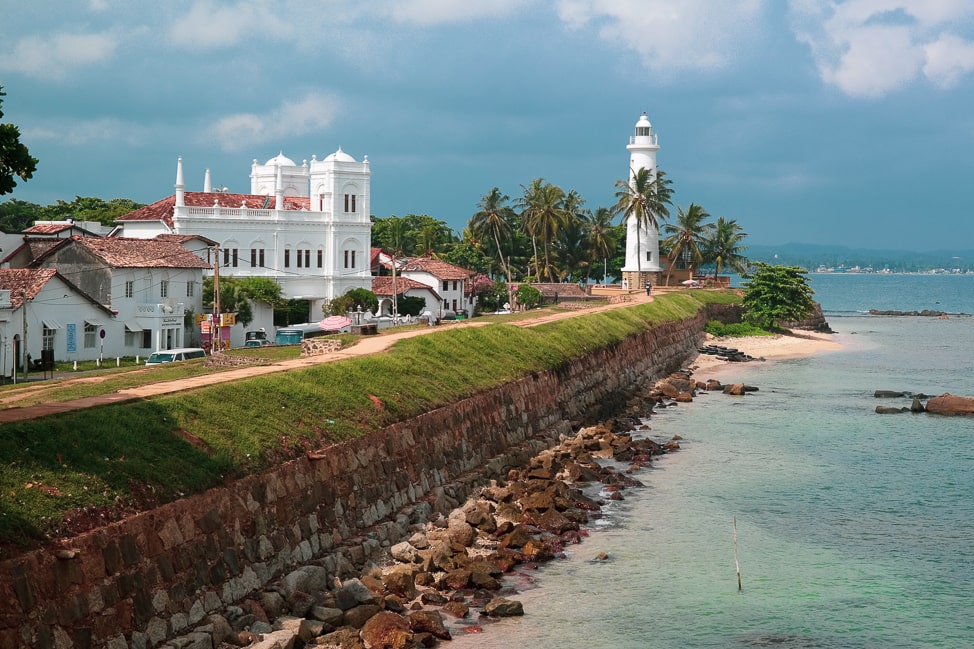
3. Help Yourself – I remember during the days after Hurricane Sandy, there were thousands and thousands of tourists in midtown hotels essentially stuck as the city slowed down after the storm. The restaurant group Drew worked for kept their restaurants open many more hours than normal, and asked nearby employees to spend days trying to keep these vulnerable visitors fed and comfortable as they made arrangements to leave the city. I was surprised so many people continued to stay in midtown, not moving further out of the city to less impacted areas.
The bottom line is this: the closer your plans are tied to anything (a tour company, a difficult to access neighborhood or region), the more you will feel the tightening of the limitations in the area. By quickly leaving Colombo and the surrounding area on our trip to Sri Lanka, we were able to relax without worrying that our plan to visit some museum the next day would be hindered by an unscheduled closing. If we had been required to stay in Colombo for some reason, at the hotel near the president’s residence, it would have been a massive undertaking to do anything.
Our ability to quickly modify our plans to make travel easier for ourselves was a big reason why our trip was successful.
4. Airport Chaos – You’ll hear again and again in the news, just after a tragic event, local airports are always quick to be impacted, in the form of modified flight schedules and/or security. Airport changes can linger for some time after a tragedy, even if the airport wasn’t directly involved, because it’s a high risk destination and also (relatively) easy to control access to. Make sure you do plenty of research to figure out how the airports you visit will be impacted.
As previously mentioned, Colombo’s airport was under extremely tight security, and no vehicles were allowed near the terminal. Every incoming vehicle was put through a checkpoint-like search and IDs were checked, etc. The airport suggested arriving four hours ahead of flight time, which we were notified of via email. While we did get screened several extra times around the airport, the total delay was probably just 15-20 minutes. Let’s just say that in the days and weeks after a tragedy, testing your luck by arriving late at the airport is not a fantastic idea.
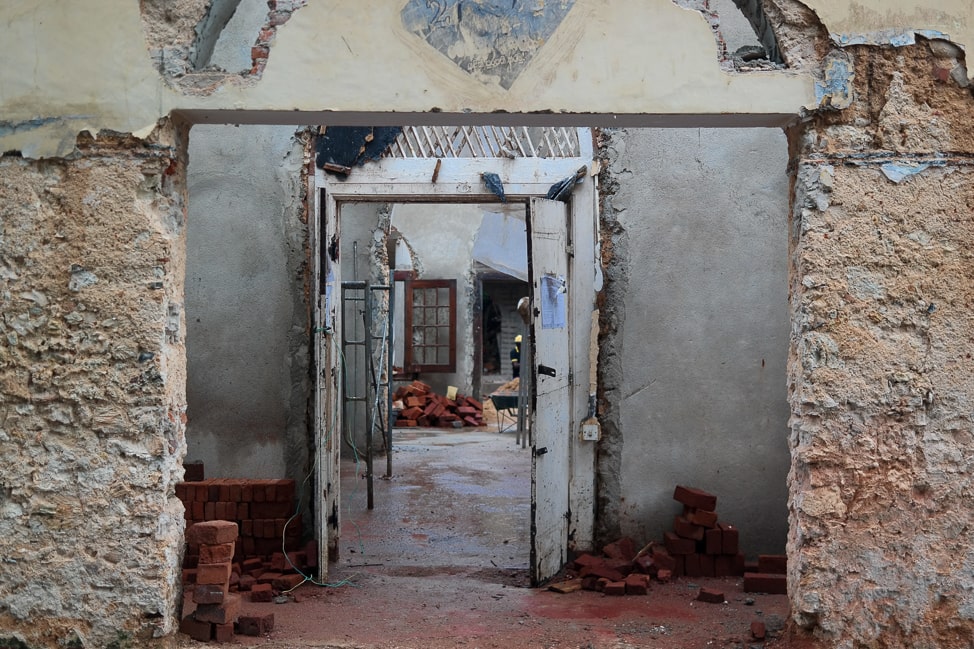
5. Go with the Flow – In addition to doing your best to not get stuck in a place that is going to limit your fun and exploration, a dramatically altered holiday is the perfect time to learn to be spontaneous. There’s nothing like a city shut down to force creativity and innovation in your travels. It’s also a great time to remember that the authorities are doing their best, enforcing new rules in an extraordinary time, and being a gracious visitor is always a welcome attitude.
In Sri Lanka we were faced with several itinerary changes – a cancelled flight, a hotel that wasn’t flexible about cancelling, and bailing on a train trip because of the location of the train station near the attacks. Drew and I typically pride ourselves in our organizing and planning abilities, not in our spontaneity. But as our itinerary changed almost daily, it was not only good practice but also really empowering. We remembered that even in challenging times, we have control over our attitude and our ability to be agile.
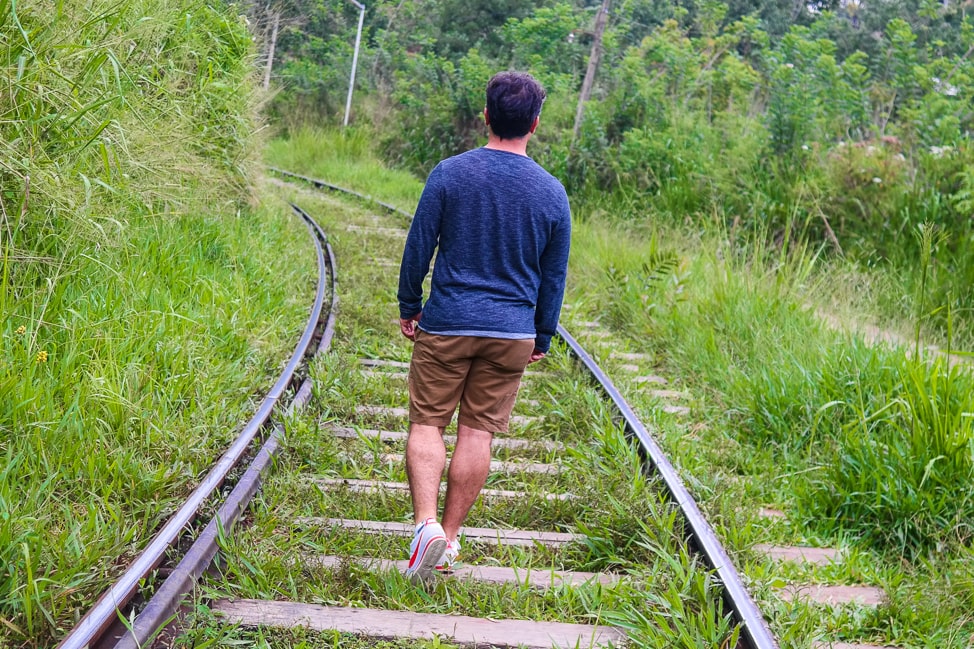
We ended up having a really great time in Sri Lanka, and the drama we faced in New York City eventually settled down as the city returned to a new normal. We’re better people because of these experienced an at the end of it all, that’s really all we can hope for.

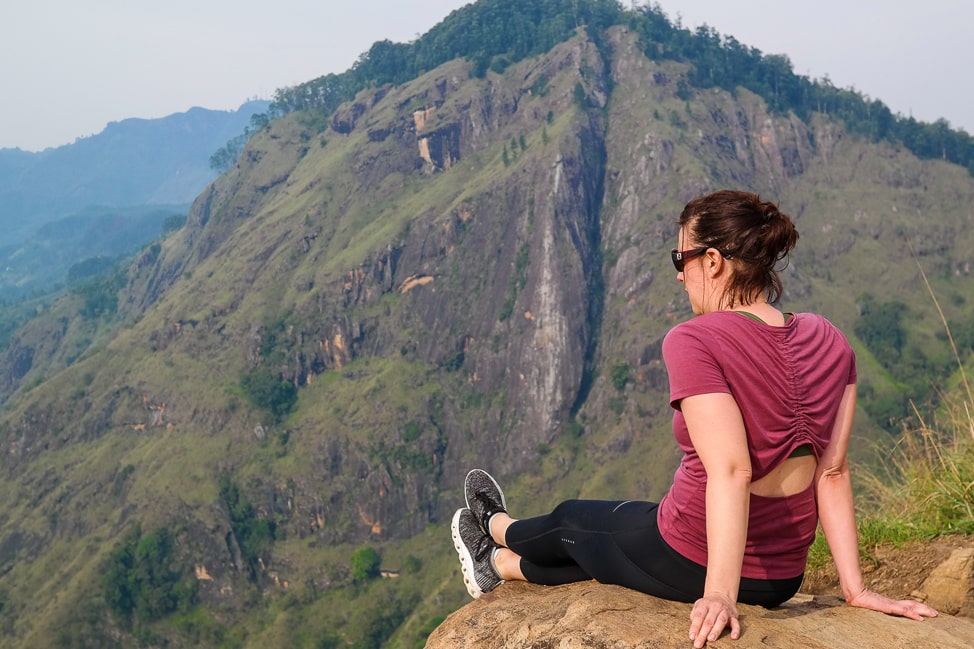


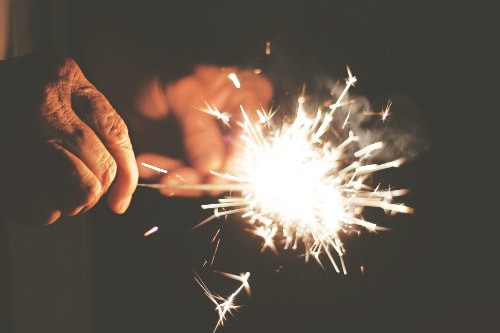







Hope all situation will be fine soon !